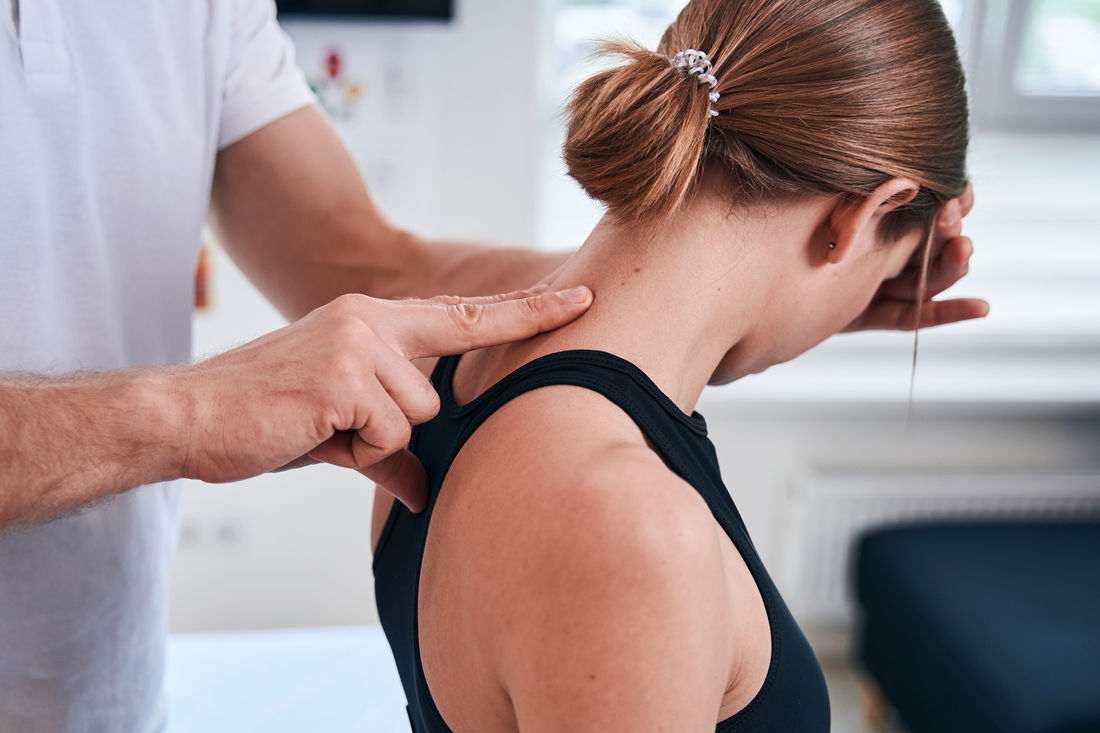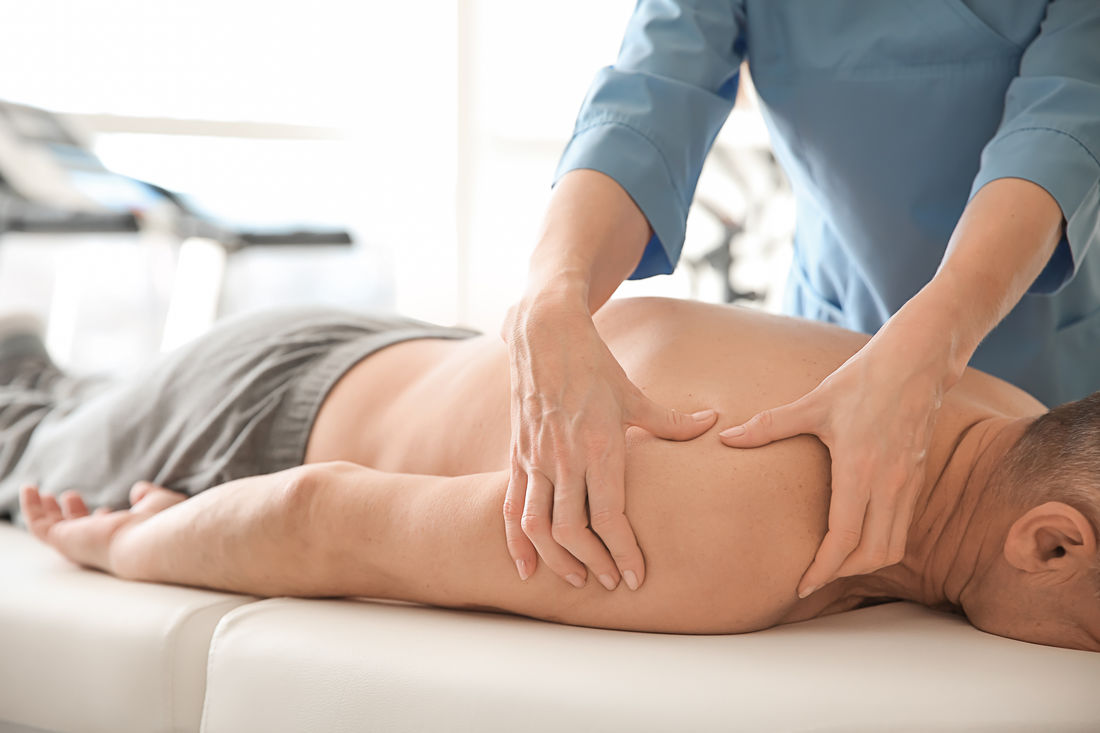Treatment Techniques employed:
|  |
Explanation of Therapeutic Modalities
 | Manual Therapya) Massage and mobilisation, positional release. b) Spinal Manipulation - must he safe and gentle and "only" performed after muscular balance has been normalised and should be performed with minimal force, maximal technique, avoiding full range movement and without forceful overpressure (esp on the upper neck).
Pre-manipulative testing known as V.B.I. test of the upper cervical spine is absolutely essential to avoid (eg) cerebro-vascular accident (C.V.A) Research has shown, that "mobilisation" mostly being superior to manipulation, in its result and will avoid any concern of untoward effects. |
Manipulationa technique of treatment applied to joints for the relief of pain and improvement of motion. It is a single high velocity, low amplitude movement applied passively to the joint towards the limit of its available range. (But never as a the only treatment technique). | Multimodal treatmentMultimodal Management that includes simultaneous application of several different treatment modalities, which has the best long term outcome. | Passive joint mobilizationA technique of treatment applied to joints for the relief of pain and improvement of motion. Mobilisation is the passive application of repetitive, rhythmical, low velocity small amplitude movements to the joint within or at the limit of its available range. | Electro-therapeuticElectro-therapeutic modalities such as ultrasound often simultaneous to interferential (not T.E.N.S), electro-magnetic resonance (mild heating), can be most effective in ameliorating pain inflammation, swelling and tenderness, beneficially affecting soft tissue metabolism, pain relief (electro-analgesia) and muscular stimulation (electro-motor stimulation) and intermittent positive pressure for lower limb oedema. |
The combination of the various treatment techniques as described, provide a greater and quicker relief, without the need for prolonged, ongoing appointments.
The beneficial effect of just-one I hourly (intensive) physiotherapy session as described, should be evident straightaway and should not cause discomfort, except for possibly delayed onset muscle fatigue following some exercises (which can be relieved by remedial massage).
